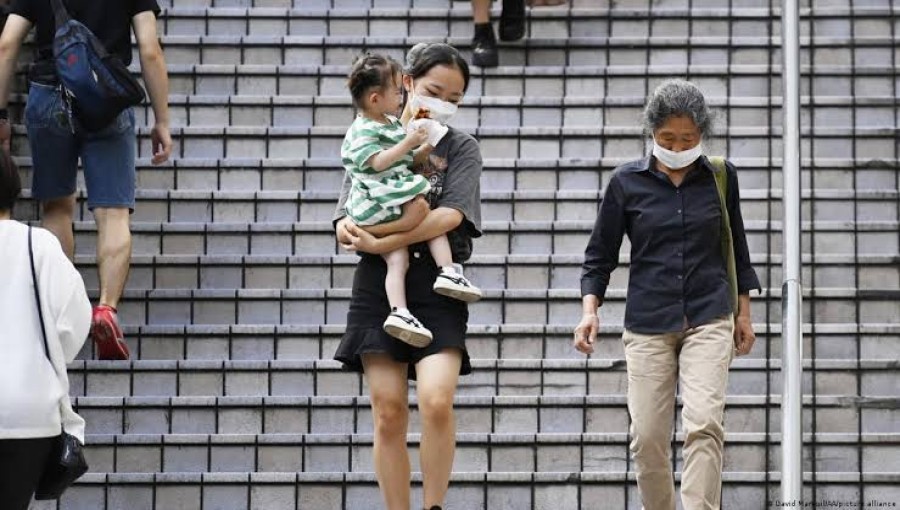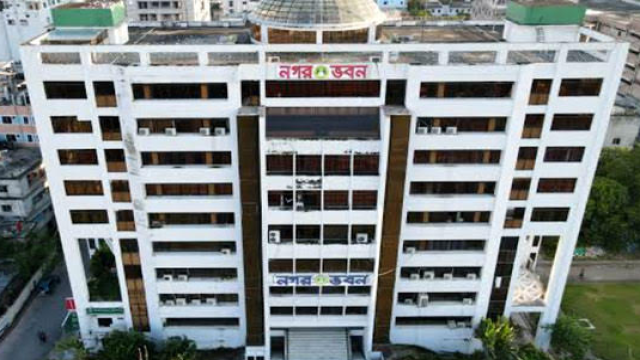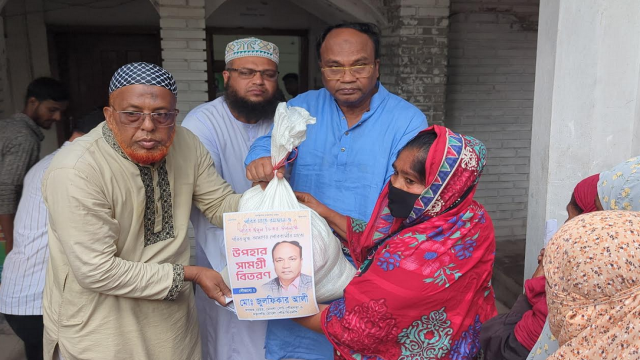Tokyo, June 9, 2024 — Japan is grappling with a significant decline in its birth rate, prompting the government to consider innovative solutions to address the demographic crisis. The Ministry of Health reported on Friday that only 727,277 babies were born in the country last year, a historic low.
The fertility rate, indicating the average number of children a woman will have in her lifetime, has decreased from 1.26 to 1.20. For a population to remain stable, a fertility rate of 2.10 is required, but Japan's rate has consistently fallen short for the past half-decade.
Moreover, the Ministry of Health's data shows that approximately 1.57 million people are expected to die in 2023, a figure more than double the birth rate. This imbalance highlights the urgent need for effective policies to rejuvenate the population.
In response to this crisis, the Japanese government is exploring several measures. One notable initiative is the development of a new dating app aimed at encouraging young people to form relationships, marry, and start families. This approach is part of a broader strategy to reverse the declining birth rate by making it easier for young women to marry and have children.
Japan's demographic issues have far-reaching implications for the country's economy and social systems. A declining population can lead to a shrinking workforce, increased pressure on social security systems, and potential challenges in sustaining economic growth.
The Japanese government is taking proactive steps to address the country's declining birth rate, recognizing the critical need for a sustainable population. By introducing innovative solutions such as a government-backed dating app and promoting family formation, Japan aims to create a supportive environment for young people to marry and have children. This multifaceted approach reflects the seriousness of the demographic challenge and the government's commitment to ensuring the nation's future stability.































Comment: